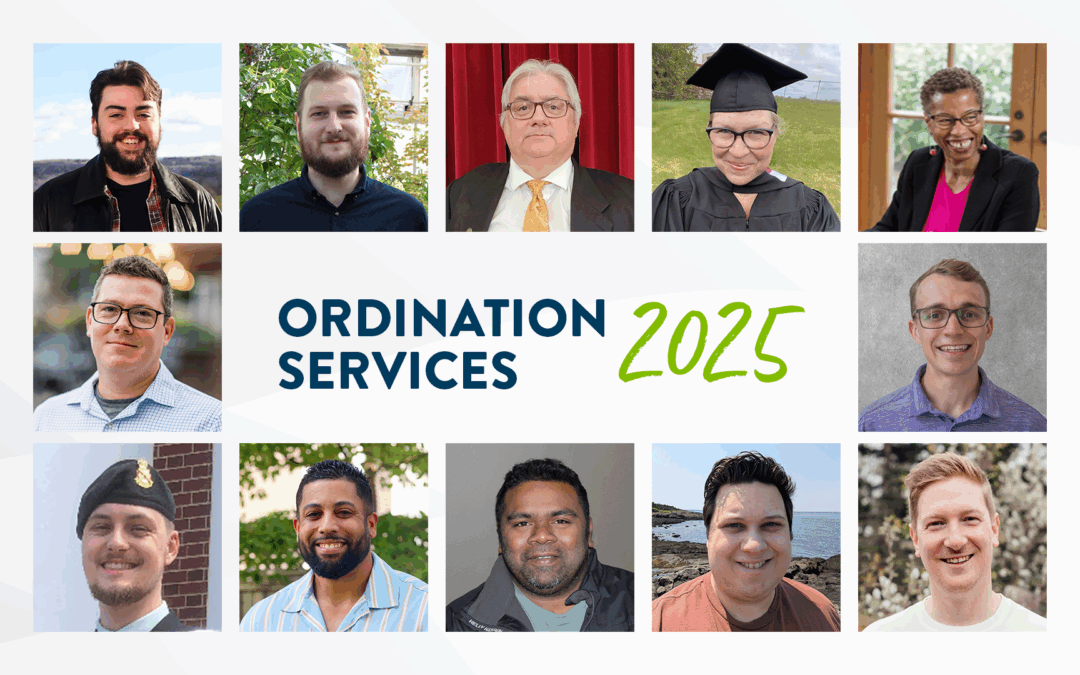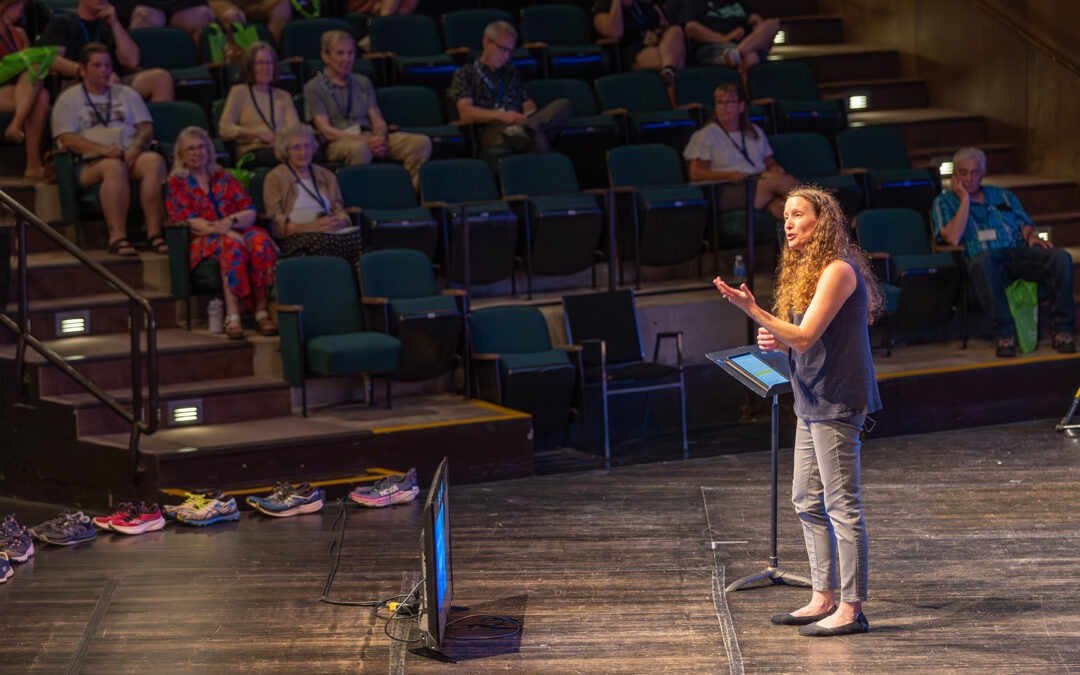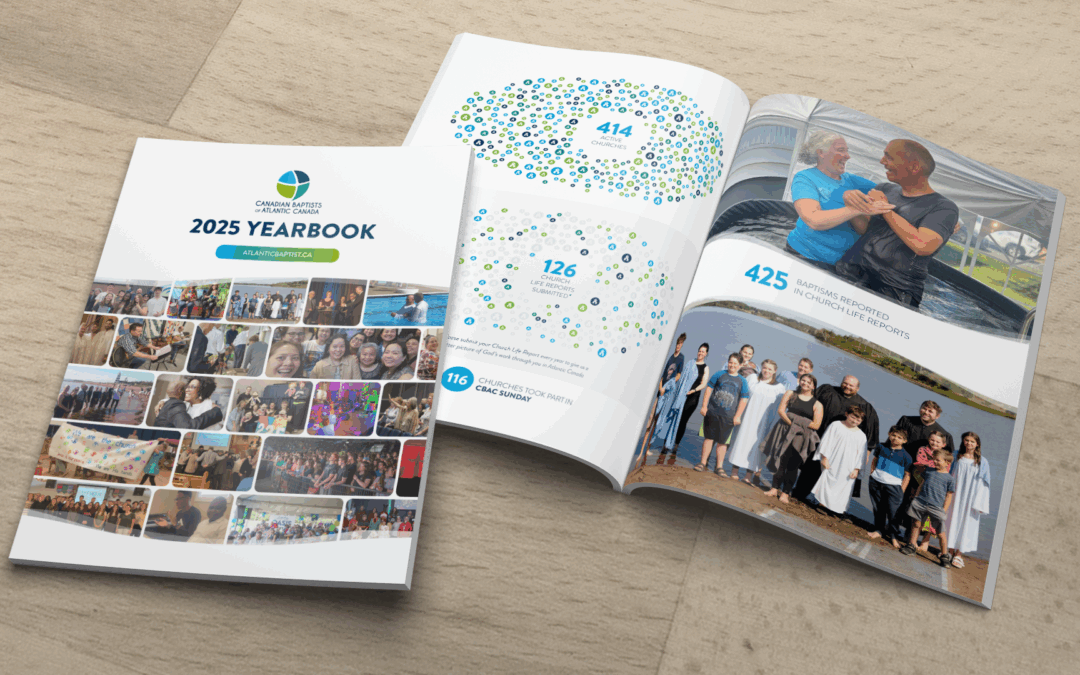 I’ve noticed a disturbing trend. In Canada we talk a lot about diversity and pluralism. Freedom of conscience and religion and freedom of thought, belief, opinion and expression are enshrined in the Canadian Charter of Rights and Freedoms (1982).
I’ve noticed a disturbing trend. In Canada we talk a lot about diversity and pluralism. Freedom of conscience and religion and freedom of thought, belief, opinion and expression are enshrined in the Canadian Charter of Rights and Freedoms (1982).
We have a global reputation as a country that wants to let people believe as they wish and live according to their beliefs. But it’s not easy. One person’s wisdom is to another person, utter foolishness, or worse. It’s one thing to say that there is no absolute Canadian truth but our courts are congested with cases where one person’s rights bump up against those of their neighbor and they can’t just agree to disagree.
Quebec seems poised – pending the upcoming election – to pass into law Bill 60, the controversial secular charter, which among other things, would prohibit the wearing of conspicuous religious symbols by those working in the civil service. It seems pretty un-Canadian somehow. That’s not diversity. It feels pretty intolerant.
But for all our talk of inclusiveness and diversity, I wonder if we’re actually becoming more and more intolerant. We talk diversity but just listen to the chatter on the social networking sites: dare to voice an opinion that falls even a tiny bit outside of cultural correctness on any issue and just wait for the fireworks. If you don’t have a pretty tough skin, you might be best to keep your thoughts to yourself.
I don’t want to talk about World Vision USA’s double faux pas last week – you know, the one where they announced that they would hire gays and lesbians and then a day or two later reversed that decision. I’m NOT going to talk about World Vision at all. I just want to say that I just feel incredibly sad as I read the comments from those on both sides of this issue. And believe me, there ARE sides.
So this is not about whether World Vision should or should not hire gays and lesbians. It’s about the anger, and it’s about the unrestrained and ugly tendency we all have to justify ourselves – to make our view the “right” one in a field of diverse but ignorant or uninformed or faithless contenders. I suppose I’m doing it right now. In criticizing those who have ridiculed and verbally crucified those who were offended by either decision, I’m putting myself forward as someone rising above the fray. Maybe advancing my view requires that I belittle all others.
In the midst of it all I think about the “weaker brother/sister” discussions in Romans 14 and 1 Corinthians 8. In the real world sometimes it’s hard to know whom the weaker brother or sister is, but let’s assume that it’s anyone who disagrees with us. I think that’s fair – since we assume that our view is superior… even right, if you will. Doesn’t it stand to reason then that all those who think differently are “weaker”?
And how should we treat the weaker brother or sister? It’s not about what we believe. Romans 14 says that we should stop treating one another with contempt (verse 10). Can we stop squabbling? Can we stop building ourselves up by tearing others down? How can we imagine that God delights in our childish behavior? Who are we kidding? We’re like little kids – or grown men and women – arguing about who’s going to sit next to Jesus.
Let’s put down our stones and start looking after those who disagree with us. Jesus actually tells us to LOVE our enemies and pray for those who disagree with us (and treat us badly). What would that look like?
Let me be clear that I’m not advocating a mushy “I’m ok, you’re ok” approach. Or a bleaching out of our differences. I love honest and passionate debate. But it’s not about earning a spot of honour at Jesus’ side. He was pretty clear about that.




